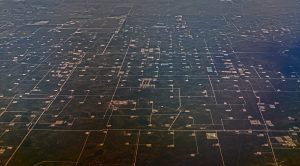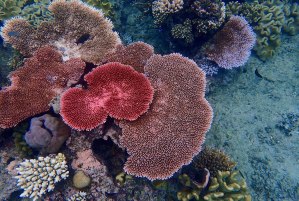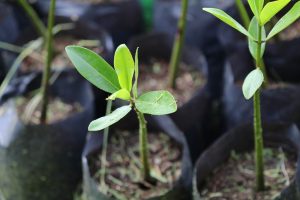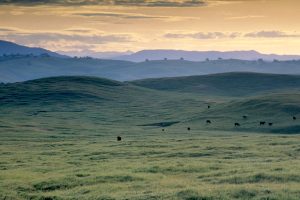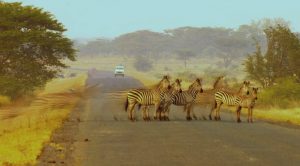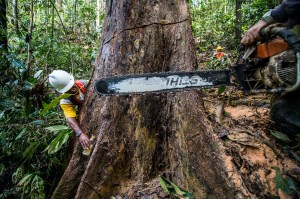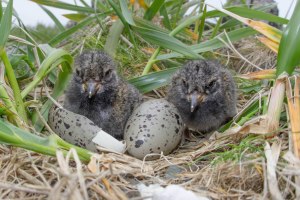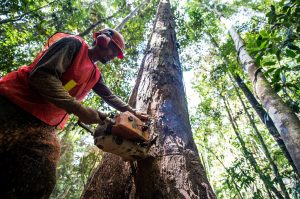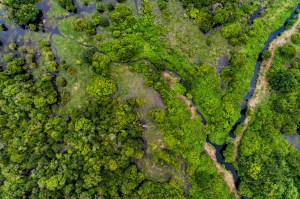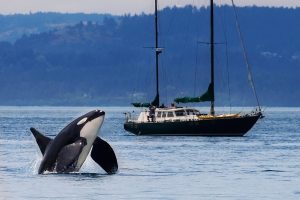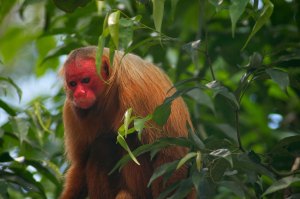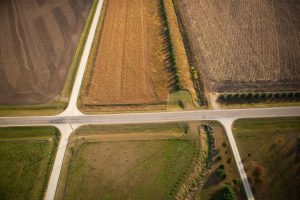Discover stories in Science Briefs
Energy Matters: The Importance of Mitigating the Land Impacts of Energy and Extraction
Energy and mining could convert nearly as much land as agriculture by 2050 – including nearly 80% of all projected expansion into the world’s most intact natural lands.
Table Corals Could Be the Key to a Resilient Great Barrier Reef
Scientists discover that table corals regenerate Great Barrier Reef habitats 14 times faster than other coral species.
Biodiversity Conservation: 7 Principles for Matching Goals with Actions
Scientists offer 7 key principles to help achieve the Convention on Biological Diversity’s 2050 vision: living in harmony with nature.
Rebalancing Water and Land Use for Nature and People in California
Examining how ecological restoration efforts – rewilding – could recover the San Joaquin’s natural diversity and ensure the long-term health and productivity of farms and the local communities they support.
Saving Animals by Mapping Their Migrations
Maps that display migration data with the human connections and livelihoods can help advance sustainable conservation.
Deforestation Reduces Worker Productivity in the Tropics
Research from Indonesia finds that rural workers in deforested landscapes were less productive than those working in intact forest settings.
Remove the Rats, Restore the Seashore
New science from Alaska’s Aleutian Islands finds that eradicating invasive rodents helps restore marine habitats, too.
Listening to Forests After Logging
New research from Borneo shows that the soundscape of a forest changes significantly following selective logging.
The Carbon Cost of Converting Peatlands to Oil Palm
New research from Indonesia calculates the carbon cost of converting peat swamps to oil palm plantations: 640 metric tons of CO2 per hectare.
It’s Not Too Late for Biodiversity in Heavily Urbanized Environments
It’s not too late for the 102 species at risk of extinction in the heavily urbanized Fraser River estuary of British Columbia.
Indigenous Lands Are Critical for Mammal Conservation
A new analysis reveals the importance of indigenous lands to global mammal conservation.
Earth Transformed: Mapping of Global Human Modification from 1990 to 2017
Between 1990 and 2015, humans have modified an area of land greater than the size of Russia.
